When it comes to parenting, there’s no one-size-fits-all approach. Every parent has their own philosophy, shaped by personal experiences, values, and beliefs. For actor Jason Momoa, known for his larger-than-life roles in _Aquaman_ and _Game of Thrones_, his approach to parenting is refreshingly relaxed, rooted in a belief that children thrive when given the freedom to explore, learn, and make their own choices.
In recent interviews, Momoa has been open about his “very lenient” parenting style, explaining how it contrasts with the more traditional, structured approaches to raising children. The star of Hollywood blockbusters and environmental advocate is not just known for his fierce portrayal of heroes but also for being a loving and supportive father to his two children, Lola and Nakoa-Wolf, whom he shares with ex-wife Lisa Bonet.
In a world where “helicopter parenting” has become increasingly common—where parents are often over-involved in every aspect of their children’s lives—Momoa stands out with his philosophy that kids need room to grow, make mistakes, and explore the world in their own way. His perspective challenges conventional wisdom and encourages other parents to rethink their approach to raising children.
**A Parenting Approach Rooted in Freedom and Trust**
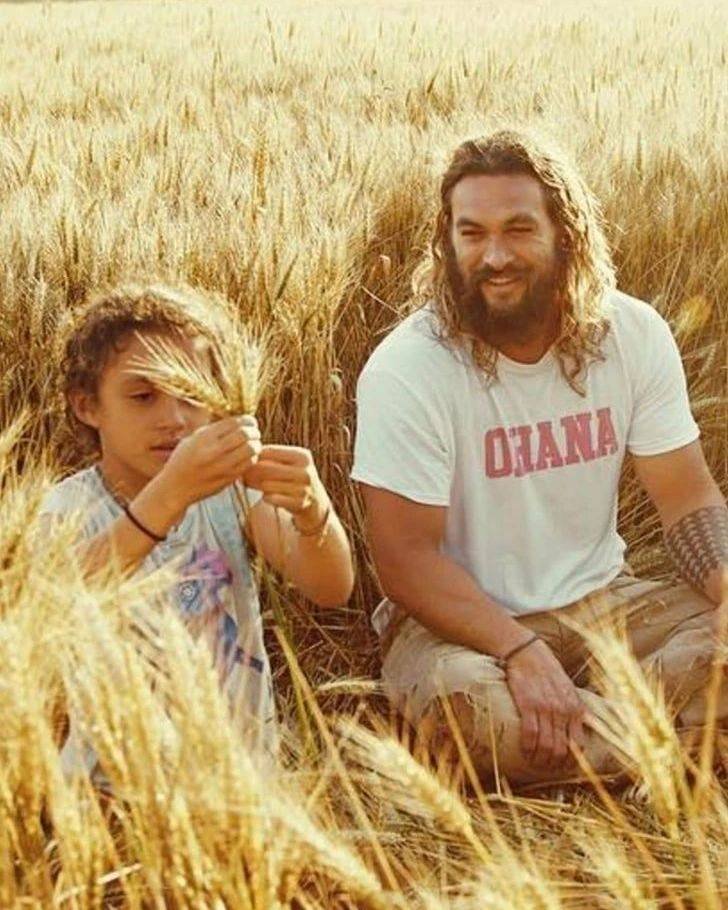
Jason Momoa’s parenting philosophy is grounded in the belief that children, like adults, need a sense of freedom. He believes that imposing too many rules and restrictions can stifle their creativity, confidence, and sense of self. According to Momoa, “You have to let them be who they are. You can’t make them live your dreams. You can’t live your life through them. Let them live their lives.”
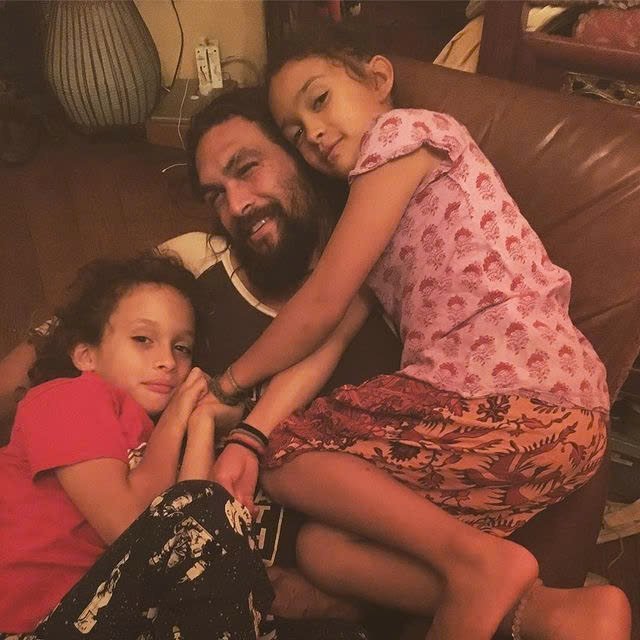
Momoa’s own upbringing in the Hawaiian Islands is a key influence on his parenting style. Growing up in the lush, natural beauty of Hawaii, he developed a deep respect for nature and a sense of independence. He spent much of his childhood playing outdoors, surrounded by the ocean, the mountains, and the freedom to explore the world around him. This connection to the land has shaped not only his personal values but also how he believes children should be raised—free to engage with their environment and develop their own sense of curiosity and adventure.
“Kids should be outside. They should be playing. They should be getting dirty,” he says. “They should be climbing trees, catching bugs, and figuring things out for themselves.”
For Momoa, this philosophy isn’t just about giving children physical freedom—it’s about emotional and mental freedom, too. He encourages his children to explore their own identities, ask questions, and express themselves without fear of judgment. He believes in nurturing their individuality and supporting their passions, even if those passions are different from what he might have expected or imagined.
**The Power of Mistakes: Embracing Imperfection in Parenting**
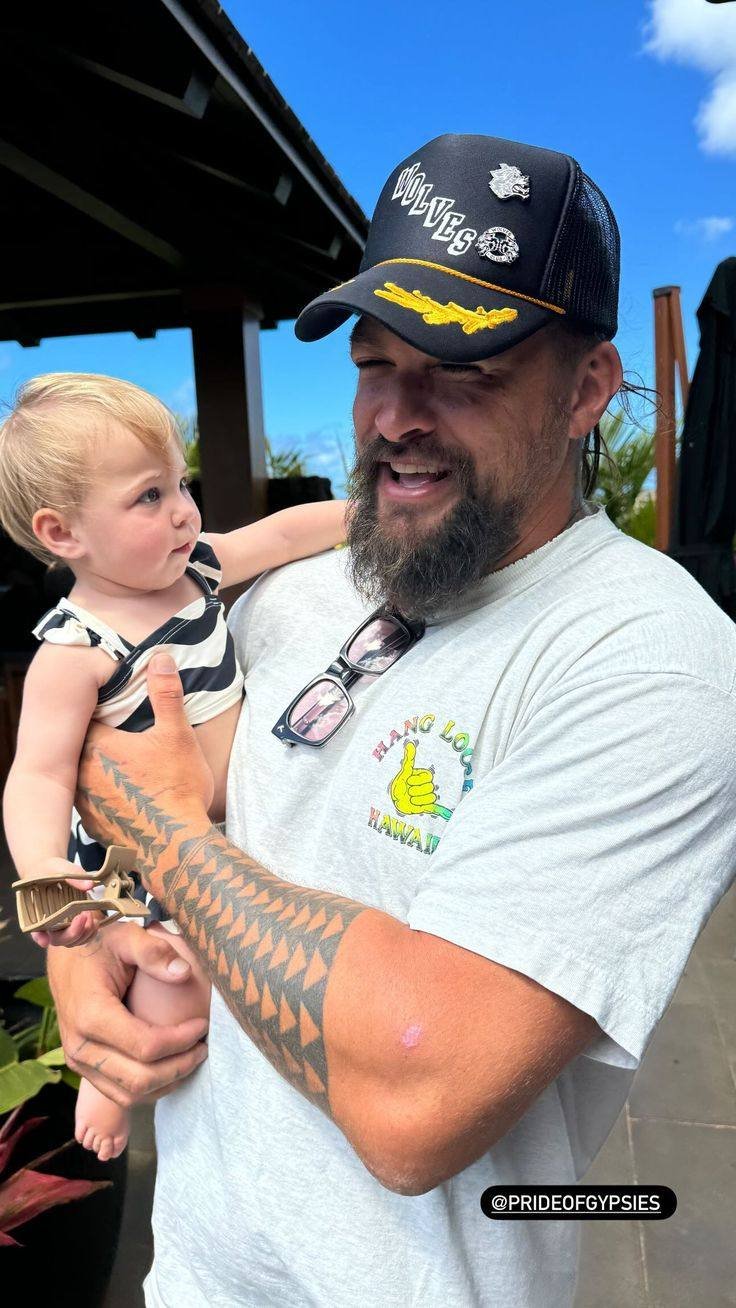
One of the most refreshing aspects of Momoa’s parenting approach is his willingness to let his children make mistakes. In an age where parents often hover over their children to prevent failure, Momoa takes a more hands-off approach, allowing his kids to learn from their experiences, whether those experiences are successes or setbacks.
“I don’t think you should shield your kids from mistakes,” he says. “Let them make mistakes. Let them learn. It’s part of growing up.”
This approach reflects his belief that failure is an essential part of life—a lesson that many of us often learn too late. By allowing his children to navigate challenges on their own, Momoa is teaching them resilience, problem-solving, and the value of hard work. These lessons, he believes, are far more valuable than shielding them from disappointment or making their lives “perfect.”
“Life is messy,” Momoa adds. “It’s about how you react to things. And I want my kids to understand that when things don’t go their way, it’s okay. It’s about learning, adjusting, and moving forward.”
For Momoa, this doesn’t mean being a passive parent. It’s about being present when needed but also giving his children the space to grow independently. He emphasizes the importance of communication and emotional support, saying that the foundation of any successful parent-child relationship is trust.
**Letting Kids Lead: The Role of Freedom in Building Confidence**
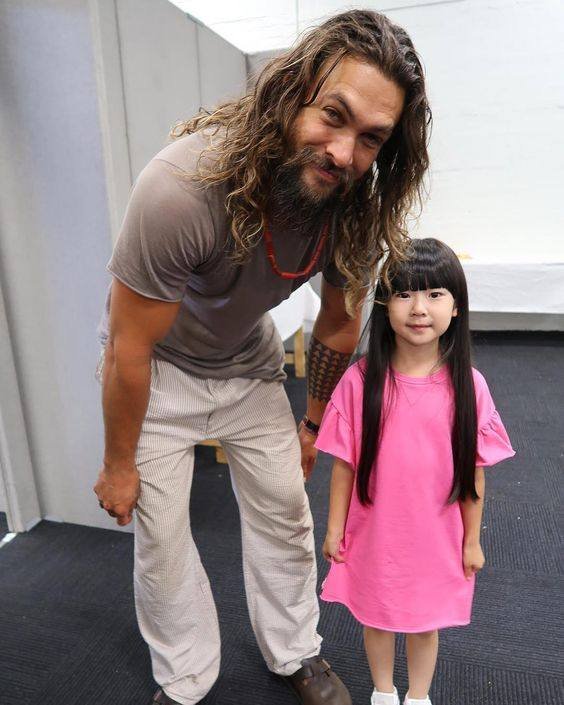
Another cornerstone of Jason Momoa’s parenting philosophy is the idea that freedom builds confidence. By giving his children the ability to make their own decisions, he believes they develop a sense of ownership over their lives and their choices. When kids are empowered to lead their own experiences, they learn to trust their instincts and feel more confident in their abilities.
In interviews, Momoa has shared how he encourages his children to pursue activities they are passionate about, whether it’s sports, music, or even exploring the arts. Unlike many parents who push their children into one particular activity or mold them into a certain image, Momoa supports his children’s individual interests, even if they don’t align with his own.
For instance, while he’s an advocate for outdoor adventures, he also respects his daughter Lola’s love for photography and her creative exploration of the world through her lens. Similarly, he supports his son Nakoa-Wolf’s interest in acting and his passion for the ocean.
“I don’t want to steer them too much,” he says. “I want them to find their own way and go after what they love. When they find their passion, it’s a beautiful thing to witness.”
In this way, Momoa’s lenient approach gives his children a sense of agency that many others might lack. Rather than seeing his role as one of authority or control, he views himself as a guide—there to support, encourage, and provide love and structure when necessary, but never to dictate or impose unrealistic expectations.
**A Modern Approach to Parenting**
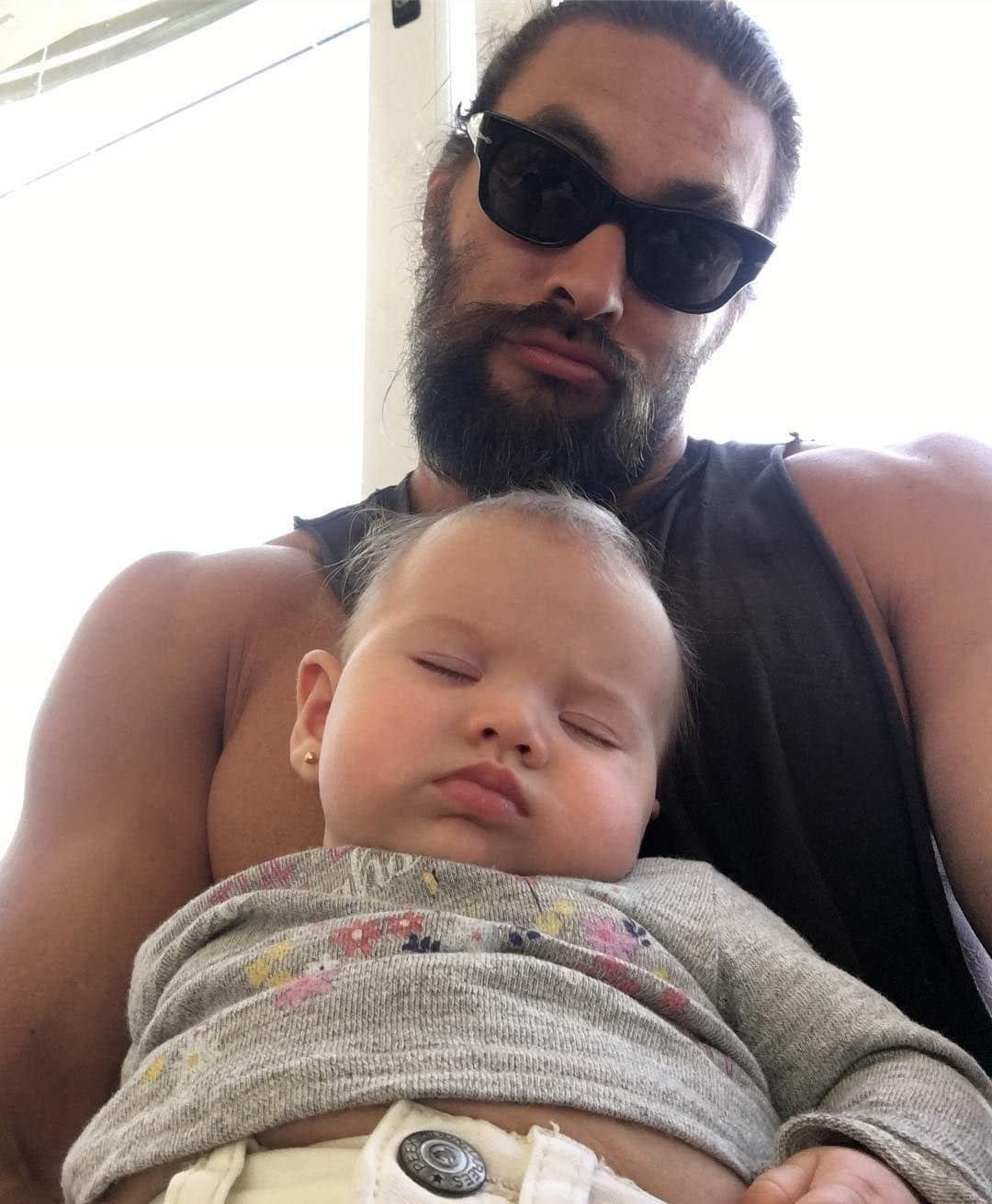
Jason Momoa’s parenting philosophy may be seen as unconventional by some, but in a world where parents are often overwhelmed by expectations to “do it all right,” his approach offers a refreshing alternative. By allowing his children the freedom to explore their own paths, to make mistakes, and to trust their own instincts, he is raising a new generation of individuals who are confident, independent, and unafraid to follow their dreams.
Momoa’s parenting style may not be about perfection, but it’s undoubtedly about authenticity, love, and respect for his children as individuals. He’s not trying to mold them into anything—they are already perfect just as they are.
As Jason Momoa celebrates fatherhood and continues to navigate the complexities of raising kids in the public eye, one thing is clear: his philosophy will continue to inspire many parents to reconsider the value of freedom, trust, and the importance of letting kids be kids.
